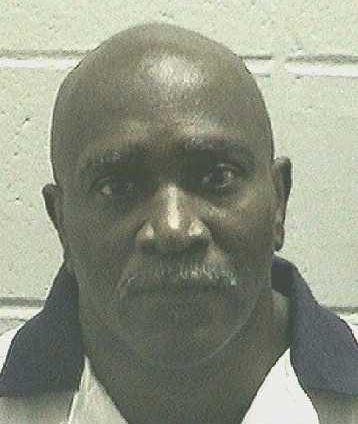Jan. 8 (UPI) -- The U.S. Supreme Court on Monday sent the death sentence for a Georgia man back to a lower appellate court because of what appears to be racial prejudice by one juror.
By a 6-3 vote, the high court directed the 11th U.S. Circuit Court of Appeals in Atlanta to examine claims that the juror voted to put convicted killer Keith Tharpe to death because he is black.
The lower court originally didn't consider Tharpe's latest appeal for racial bias, even with a sworn affidavit by the juror in question, Barney Gattie.
"Gattie's remarkable affidavit -- which he never retracted -- presents a strong factual basis for the argument that Tharpe's race affected Gattie's vote for a death verdict," the Supreme Court ruled.
The justices noted that when the lower courts take another look at the case, they might conclude that Gattie's service on the jury did not prejudice Tharpe.
"It may be that, at the end of the day, Tharpe should not receive a COA (permission to pursue his appeal)," the court said in an unsigned opinion. "But on the unusual facts of this case, the Court of Appeals' review should not have rested on the ground that it was indisputable among reasonable jurists that Gattie's service on the jury did not prejudice Tharpe."
In September, the Supreme Court halted Tharpe's scheduled execution on the night it was to be carried out. Tharpe had already eaten what he believed at the time to be his last meal.
Tharpe, now 59, was convicted in January 1991 in the shooting death a year earlier of his 29-year-old sister-in-law, Jaquelyn Freeman, 29. Tharpe also kidnapped and raped his estranged wife.
Seven years after Tharpe's conviction and death sentence, his lawyers produced an affidavit signed by Gattie, who said that "after studying the Bible, I have wondered if black people even have souls."
Gattie, who is now dead, also wrote "there are two types of black people" and that Tharpe "wasn't in the 'good' black folks category in my book."
Chief Justice John Roberts and Justice Anthony Kennedy joined the four liberal judges in ruling in favor of Tharpe.
Justice Clarence Thomas, the court's only African-American member, was joined in dissent by Justices Samuel Alito and Neil Gorsuch. They called the ruling Monday "ceremonial handwringing" that will only delay justice for the victims' families.
Thomas said the Supreme Court majority "must be disturbed by the racist rhetoric in that affidavit, and must want to do something about it" -- but added that the justices disregarded their own rules about granting such motions.















